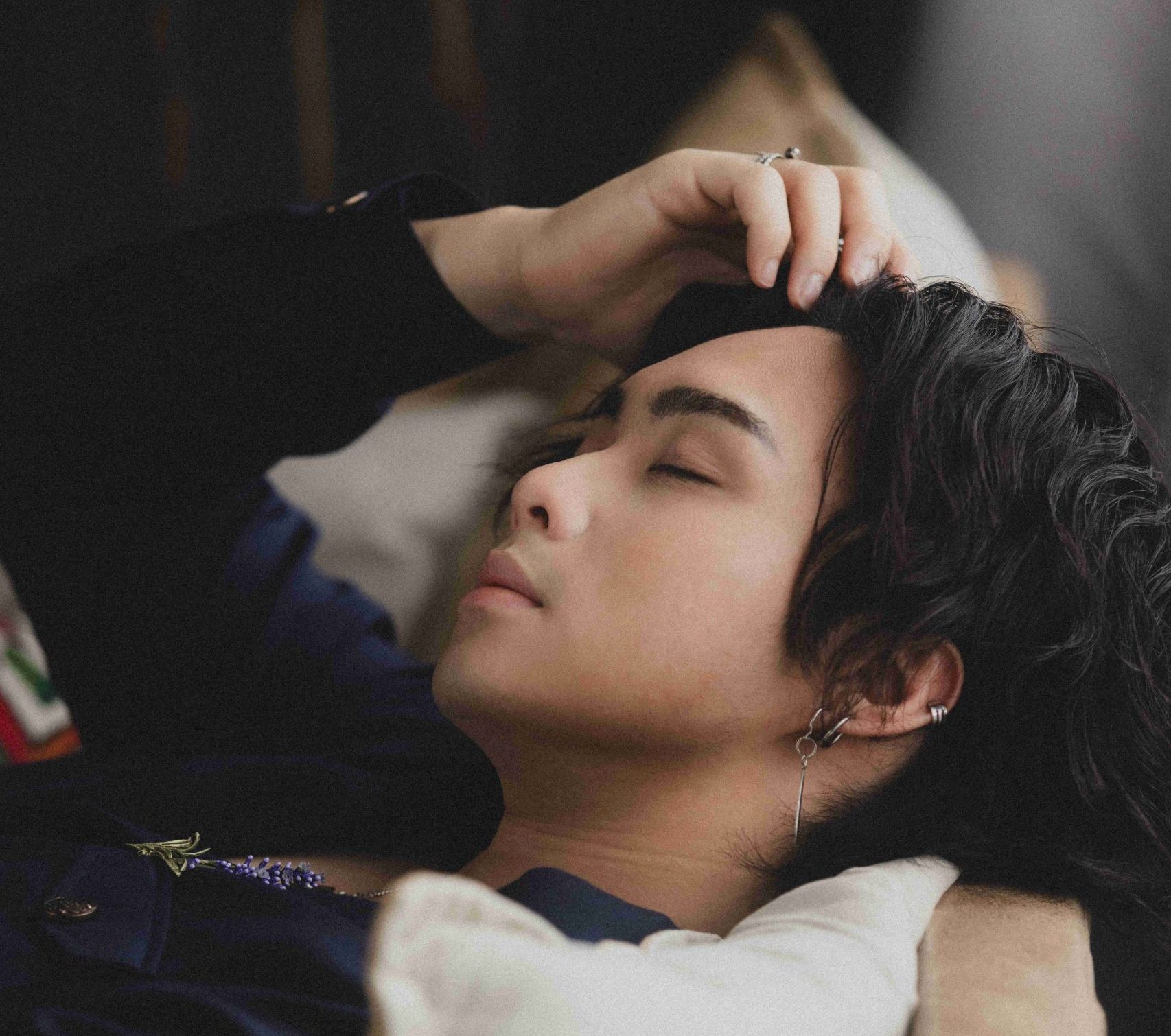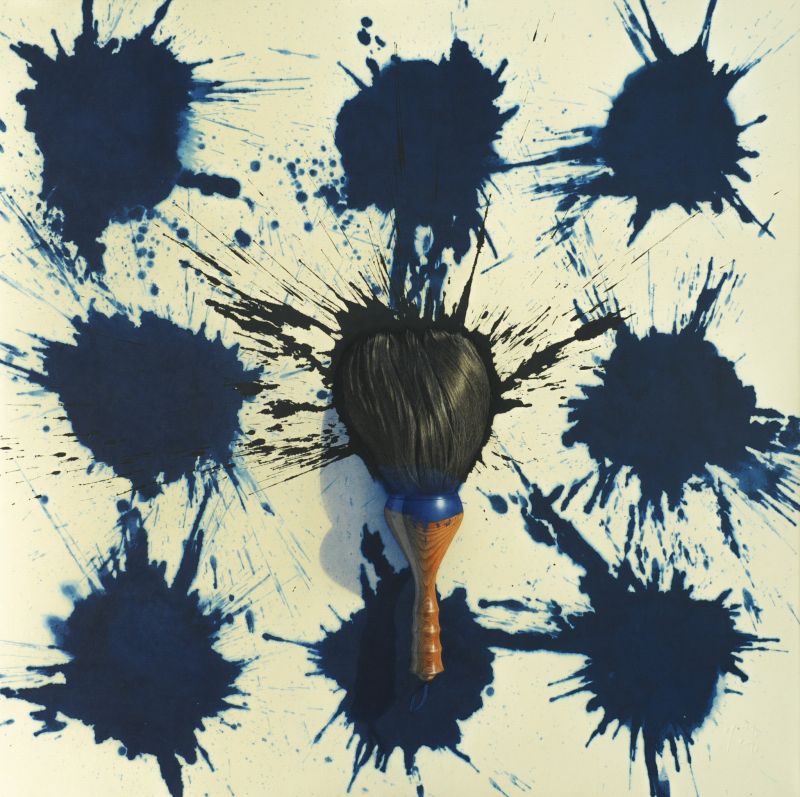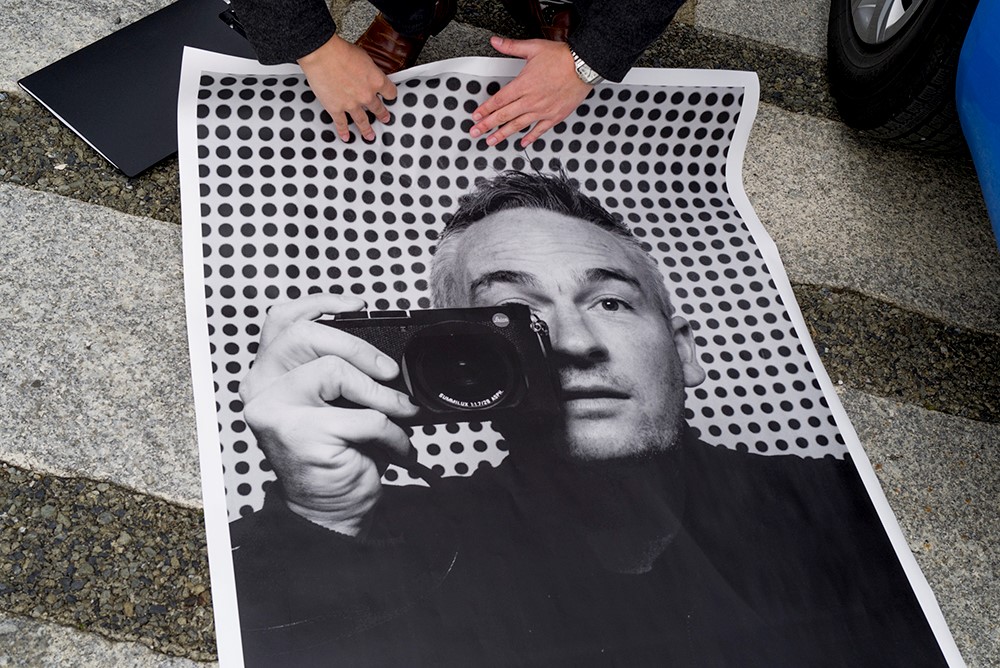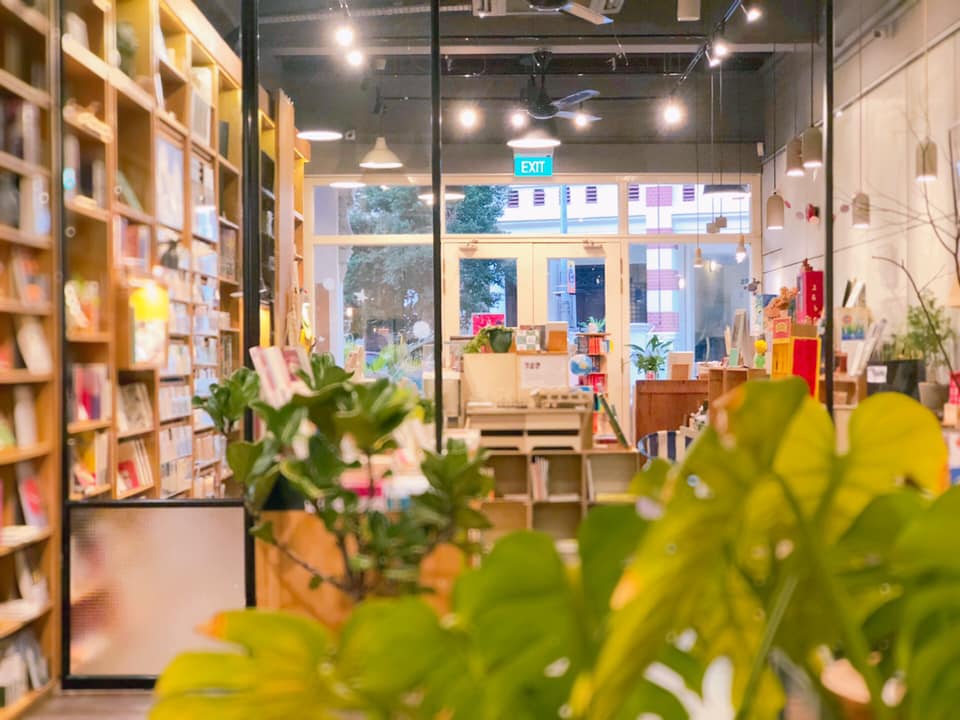2015 marked the rise of local, self-taught producer-artist Manfred Lim, who goes by the stage moniker Myrne, when he uploaded a remix of “To U” by American DJ duo Jack U on music streaming platform Soundcloud. The track amassed the interest of many, including the Creative Director of Grammy award-winning producer Diplo’s label, Paul Devro. Ever since, Lim has never looked back.
The Singapore Management University undergrad then went on to producing his debut EP, Soft Sins; an easygoing four-tracker that’s heavily influenced with elements of alt-R&B and sax-y hooks. Unsurprisingly, the lush tracks got him a record deal with Diplo’s Mad Decent label and he debuted soon thereafter.
Today Myrne is a name that’s on the lips of EDM fiends far and wide; having played in the major electronic music leagues such as Ultra Miami and Tomorrowland in 2018—for which tickets were snapped up within minutes. Among multiple firsts, he is also the first Singaporean act to be signed on by Ultra Records, alongside international DJ heavyweights such as Alan Walker and Steve Aoki.
Though his passion and penchant for EDM is painfully apparent in his work, Lim grew up with a background of classical music training, including being a Grade 8 pianist. We spoke to him about the struggles he has faced in his leap of faith from the familiarity of classical instruments to venturing into the realms of electronically-produced music, and the journey he embarked on while working on brand new single “Call, Call Me” featuring Sam Rui and Gentle Bones—his first single under Ultra Records.
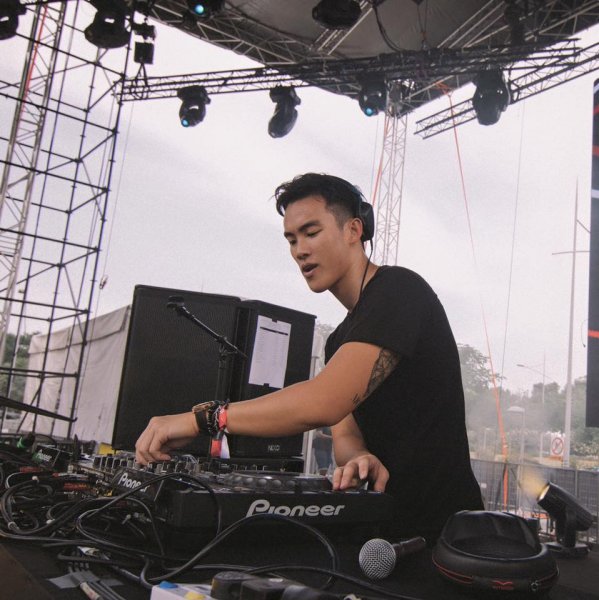
Tell us about the point in time when you realised that you wanted to be a DJ.
It really started when I was 17, when I began producing original music on my laptop. For the longest time, my experiences with music were either performing classical pieces or covering pop songs on the piano. I hadn’t really entertained the thought of actually composing music. I was under the impression that you needed a big studio, with professional session musicians, and experience of some sort in songwriting. That all changed when I downloaded a demo of the music software, FL Studio. From that point, I knew I wanted to be a performer and play the music I was making, be it as a DJ or live act.
You were raised on a classical piano background and played the trombone for your school’s orchestral band. How did you make the transition from a classical musician to an electronic one, and how often do you find yourself integrating knowledge you have acquired from your musical background into a genre that taps on a completely different medium?
It’s strange, for some reason I pushed all my classical training away for the longest time because I felt that electronic music warranted an entirely different skillset. In addition to that, I didn’t have a midi keyboard I could use to write music, so it was really me clicking in notes on the software for hours on end. Music theory definitely helped with that. Sight reading didn’t help whatsoever in the program, so that reinforced the idea that the two skills were disparate. It was only much later when I could afford more equipment that I could include more organic production and recording in my music.
Do you still get nervous when performing live? What type of state of mind do you enter when performing a gig?
Not at all. It’s fun, the audience has fun, and I get to do what I love. I was definitely nervous the first few times I played live, but it’s just excitement now. Regardless of the number of people there, size of the room, or my general mood for that week, I get in the zone automatically knowing people came expecting a show and I’ll have to give them one. It’s like a switch.
Being an artist of any form usually entails emulation, especially at the beginning of one’s career when trying to find an individualistic sound. Who would you say are your inspirations in the industry that has shaped the direction of your sound?
Being from a place like Singapore, where local acts are oft understood in their international equivalents like “The Jay Chou of Singapore”, “The Asian Kelly Clarkson” or “Singapore’s Ed Sheeran”, the risks of imitation are in my head all the time. As such, I’ve always modelled myself after traits of artists I look up to, without any specific references to sound. For example, Skrillex’s versatility, David Byrne’s penchant for consistency, Avicii’s flair for euphoria, Diplo’s hair, et cetera.
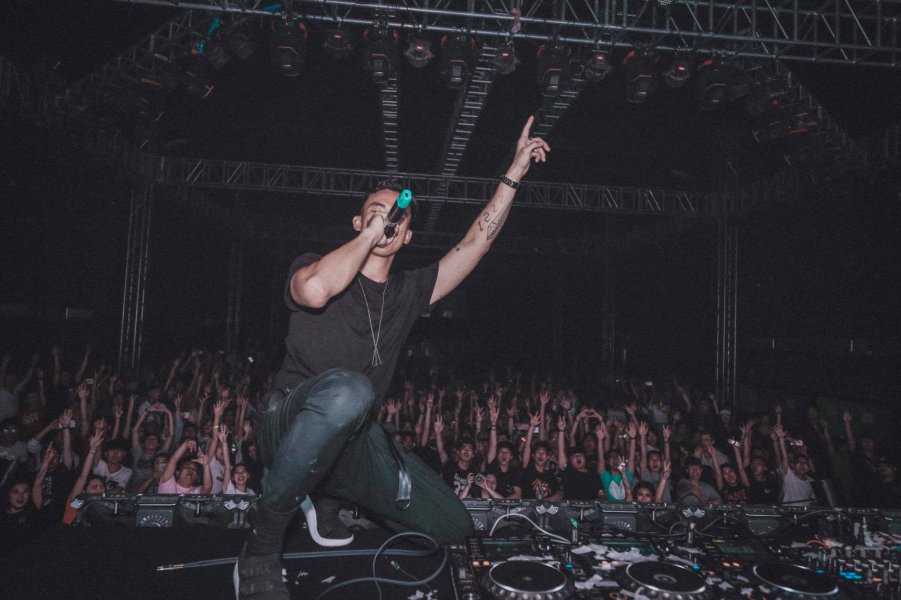
Is there anything you dislike about the DJ scene? Conversely, what do you love most about it?
It’s very bro-ey, and I think it wouldn’t hurt to have some feminine energy in here. The only other thing would be the disparities in effort it takes to be a good producer versus a good DJ, excluding turntablism; that’s an art of its own. My issue is that sometimes musicality doesn’t show very well when you’re just fading in between two mp3s on stage. That’s why I’ve been experimenting with a lot of live instrumentation, and have the greatest respect for artists that sacrifice DJ simplicity to throw a good, earnest show.
On the flipside, I love everything about producer culture. Everyone is collaborative, everyone shares production secrets, and little communities form where the success of one brings more attention to the rest. If I didn’t have my little group of friends on Soundcloud, I wouldn’t be doing this full-time.
What kind of messages do you try to convey, or emotions would you like to invoke in your listeners?
All of my songs relate to a different mood or feeling, but conceptually they’re in the same world I enjoy writing in. Themes of exploration, introspection, self-discovery on a grand stage. Outside of that, music is extremely subjective and I really have no business telling what people should feel when they listen to my music.
Which festival or country would you like to take on next?
I’d definitely like to do a tour of India, I’ve only heard great things. I’m in awe of Indian culture and history, and touring there would be surreal. A festival bucket list would include Coachella.
Asian representation has been growing in the entertainment industry these recent years, seeing and relating to Asian talents, such as yourself, rise from accessible online platforms and make it internationally is very important to young Asians who also aspire to perform their craft on such a large scale. How does it feel to be playing for internationally massive gigs like Ultra Miami and Tomorrowland, as well as being named Singapore’s first Friend of Hublot?
It’s definitely important, seeing how the lines between Asia and its Western counterparts are blurring. We’re developing our own flair at our own pace, and it helps to have some first movers show everyone on the fence that it’s possible with the right amount of effort, talent, timing and luck. Playing huge international shows, and being the first Singaporean DJ at Tomorrowland was immensely humbling and I hope many more of my regional counterparts accomplish the same.
Being the first Friend of Hublot to me is just further affirmation that my work is on the right path, given their storied list of Friends all over the world. I’m excited to join the ranks, and a big plus is that every Hublot timepiece looks good on my wrist.
Lastly, congratulations on the release of your brand new single “Call, Call Me” featuring Sam Rui and Gentle Bones! Tell us about the journey you embarked on while working on this dancey number, as well as any hardships you’ve encountered along the process.
Thank you! The song’s been in the works for over a year. I started it while working on the B4nger Project with Gentle Bones, after getting inspired by his approach to production and songwriting. Sam came over to the studio one day to jam, but we had a hard time finding motivation to write, so we took the day off and caught up over kopi. We were sharing funny stories about our love lives, when all of a sudden inspiration hit and she said “I’ll write you a song about that.” That’s how it all came to be. I remember that a few months prior to the release we both had cold feet, worrying if the song was too different than what we’re used to putting out. But we powered through that, and based on the song’s reception, I think we made the right choice.
Listen to Myrne on Spotify or Soundcloud.


